Fine Motor Skills Letter Recognition Worksheets for Ages 5-8
63 filtered results
-
From - To
Enhance your child's learning journey with our engaging Fine Motor Skills Letter Recognition Worksheets designed for ages 5-8. These worksheets integrate fine motor skill development with essential letter recognition, making learning fun and effective. Through activities such as tracing, coloring, and connecting dots, children improve their hand-eye coordination while reinforcing their understanding of the alphabet. Our user-friendly and printable resources encourage independent practice, allowing young learners to build confidence in their literacy skills. Perfect for both classroom settings and home study, these worksheets provide a comprehensive approach to early childhood education, setting a strong foundation for reading and writing success. Explore today!


Letter A Tracing Page
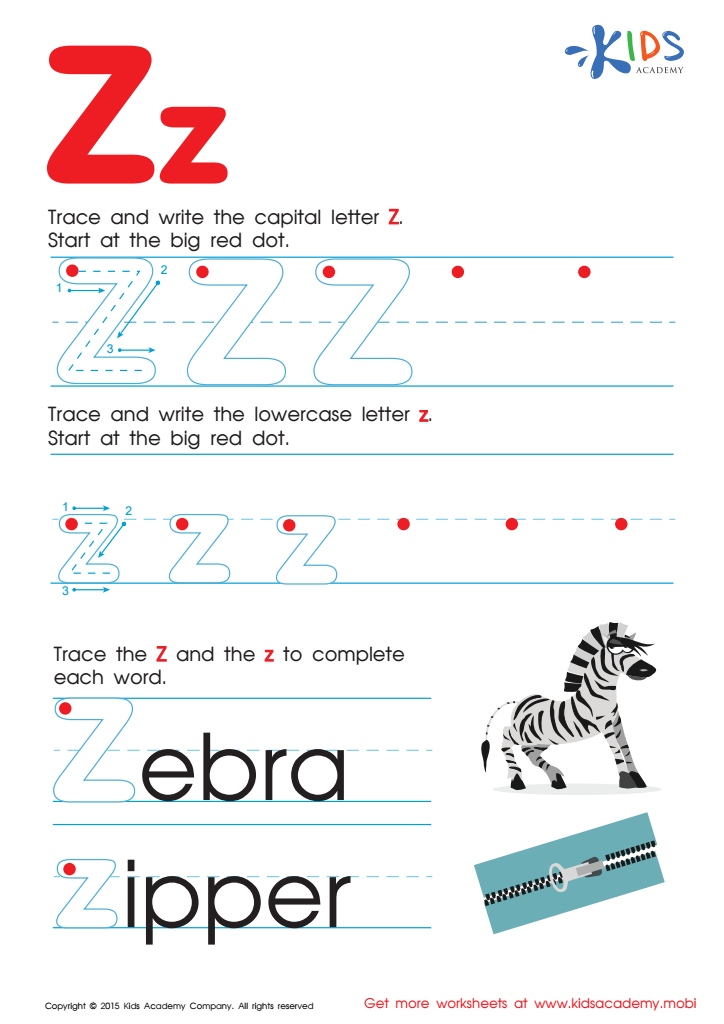

Letter Z Tracing Page


Letter E Coloring Sheet
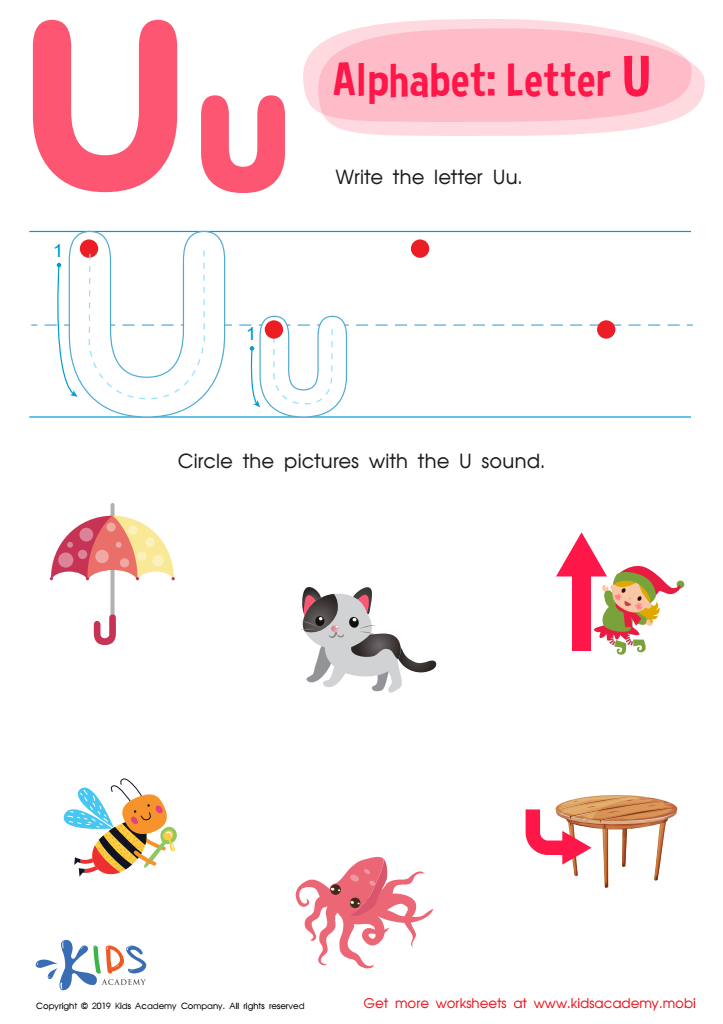

Letter U Tracing Worksheet
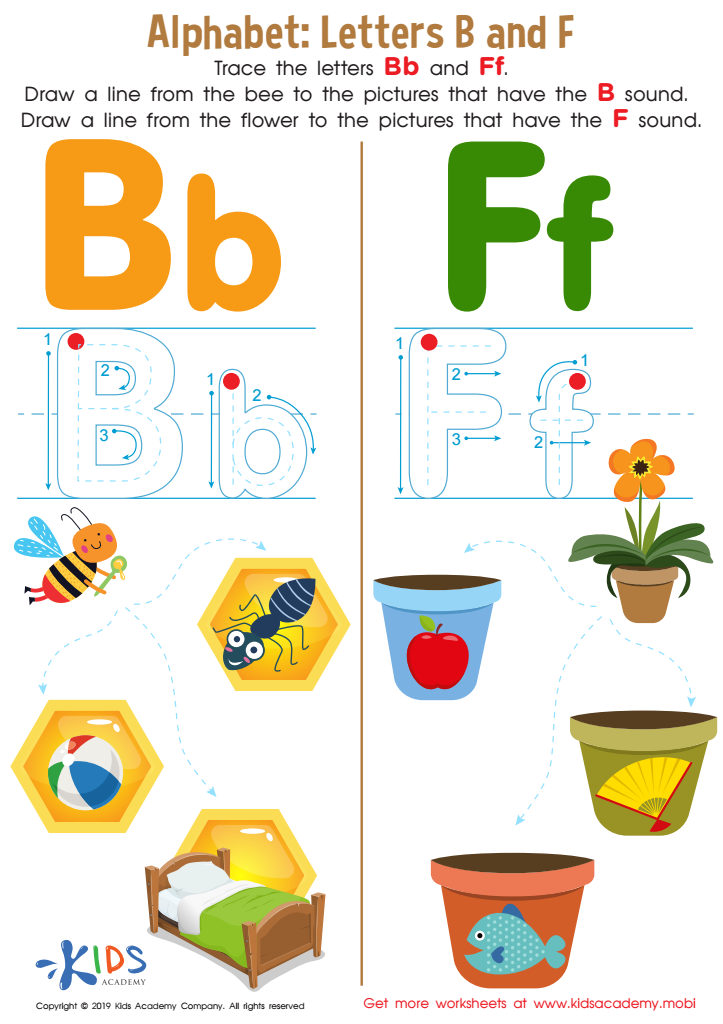

Letters B and F Tracing Worksheet
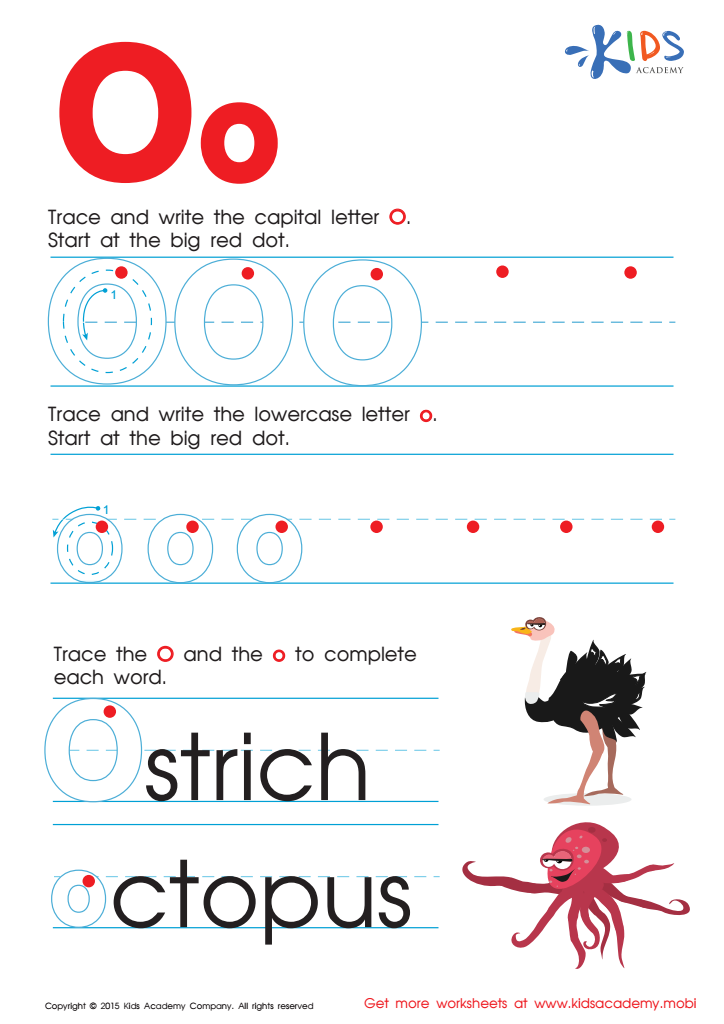

Letter O Tracing Page


Letter R Tracing Page
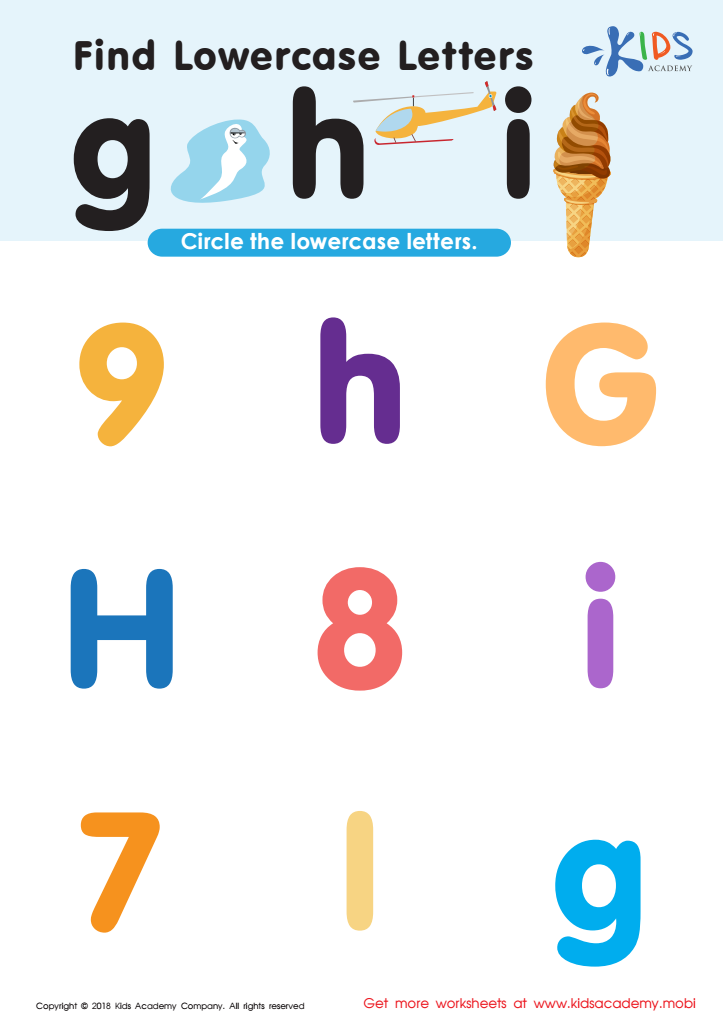

Find Lowercase Letters g h i Worksheet


Letter X Tracing Page


Letter P Tracing Page
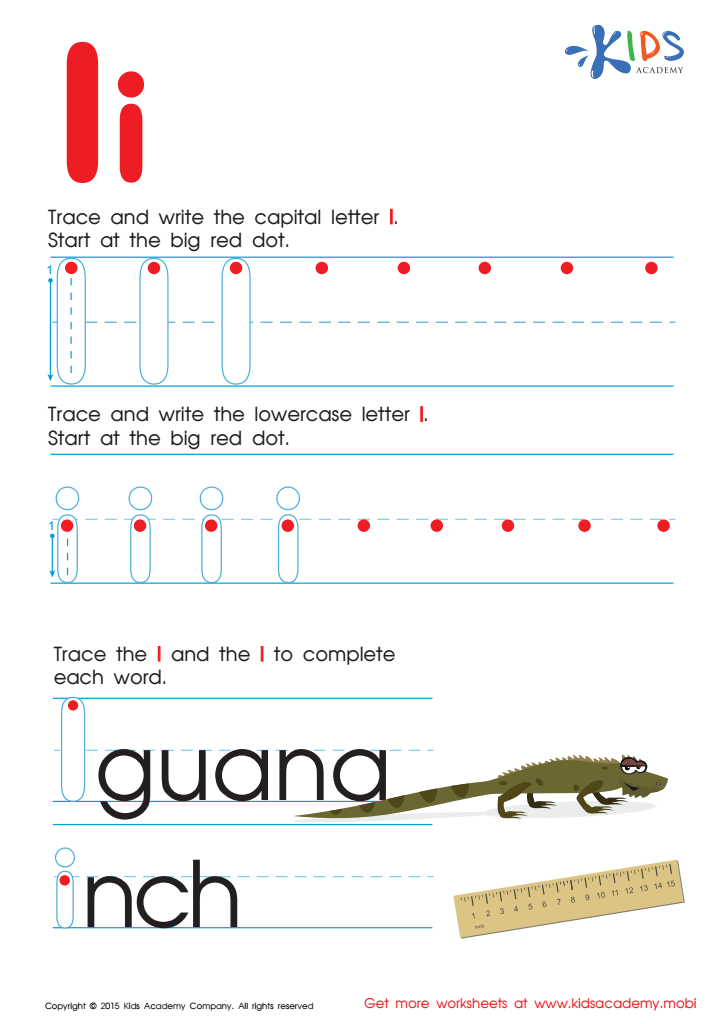

Letter I Tracing Page
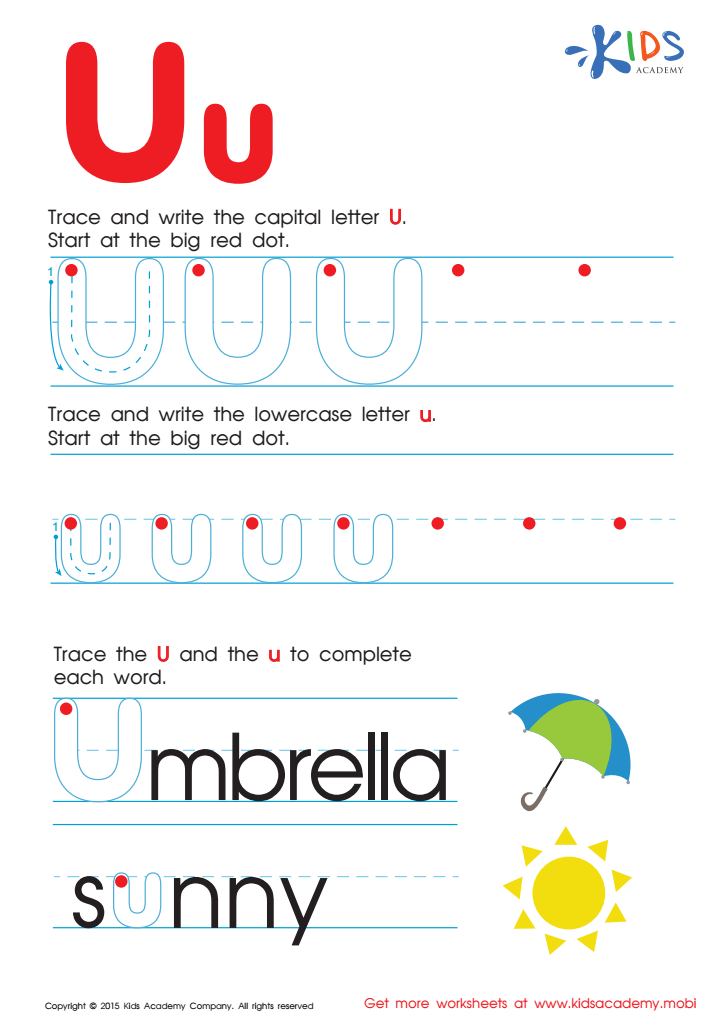

Letter U Tracing Page
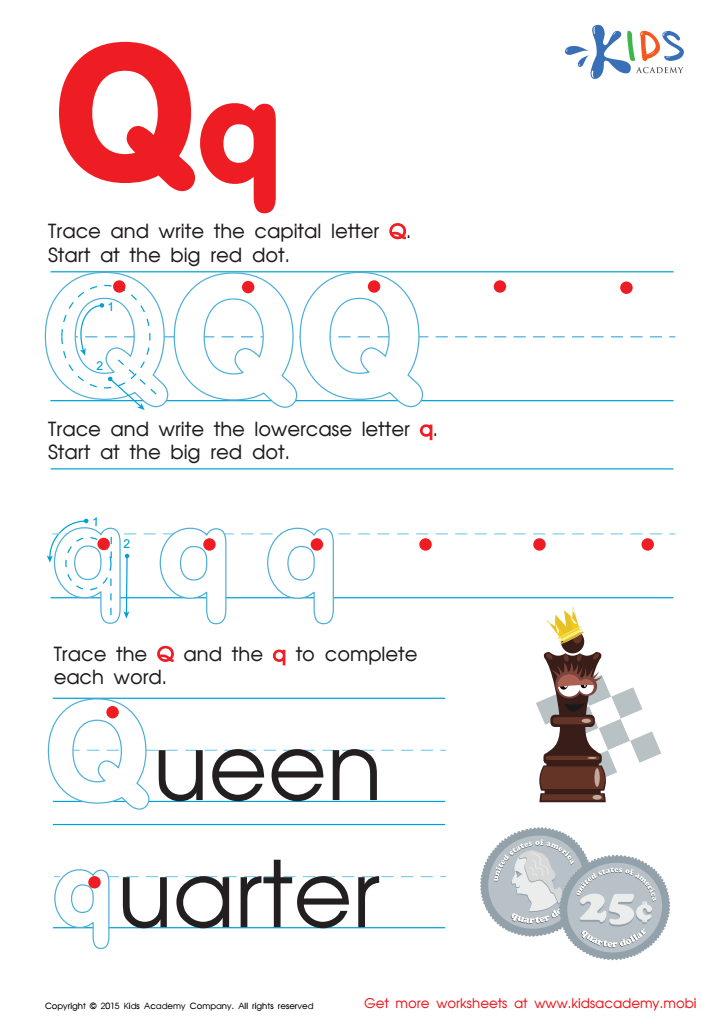

Letter Q Tracing Page
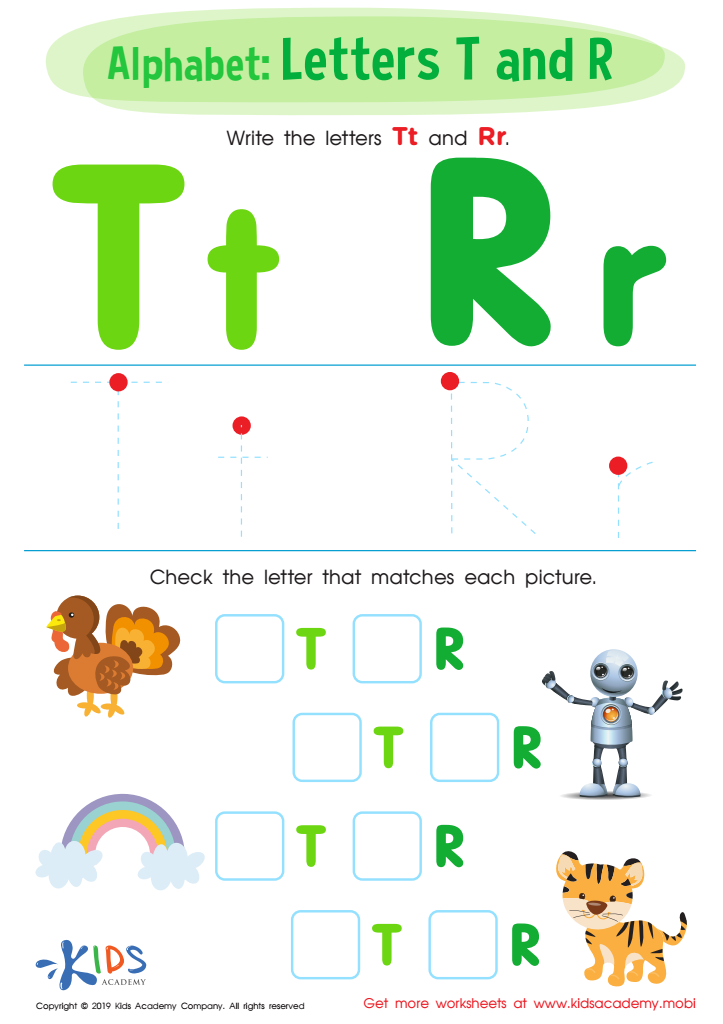

Letters T and R Worksheet
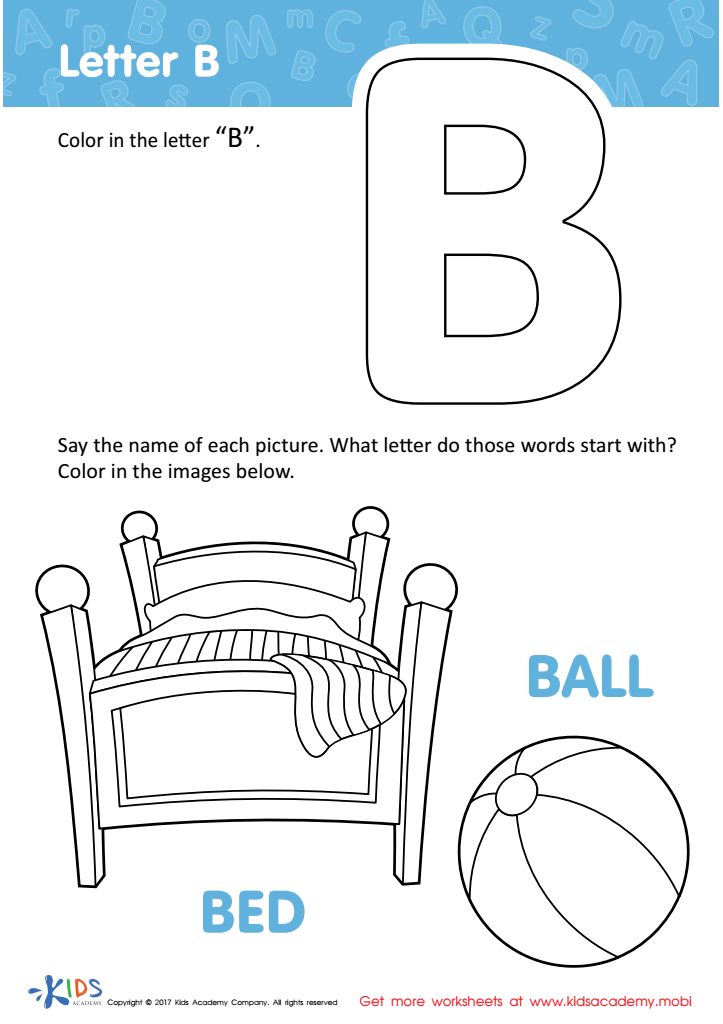

Letter B Coloring Sheet
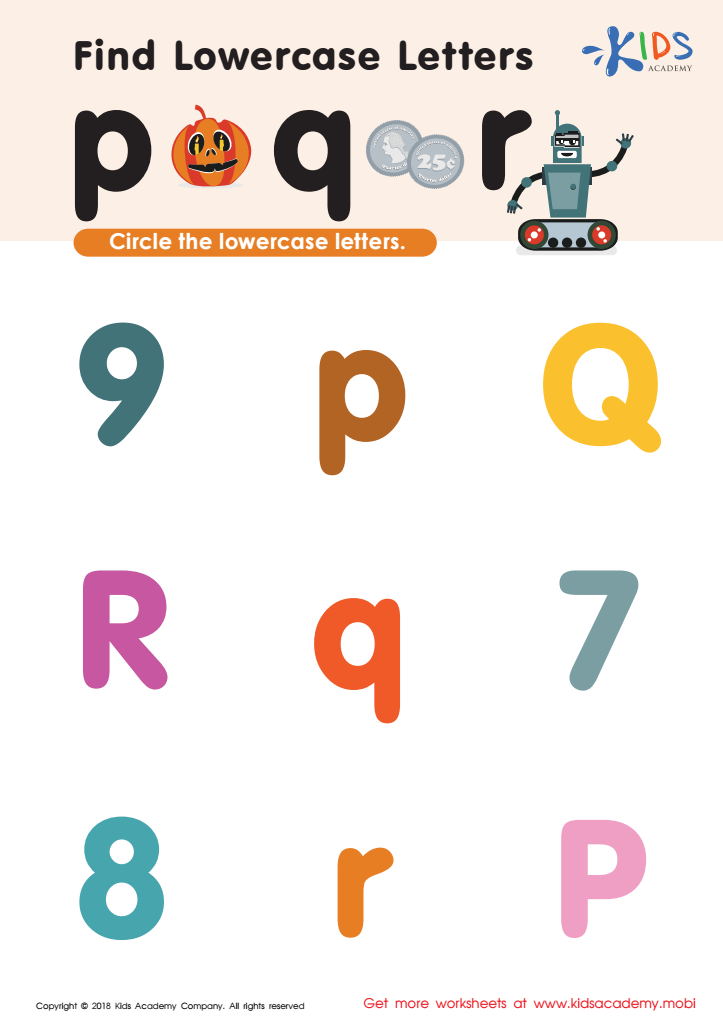

Find lowercase Letters p q r Worksheet


Letter A Coloring Sheet
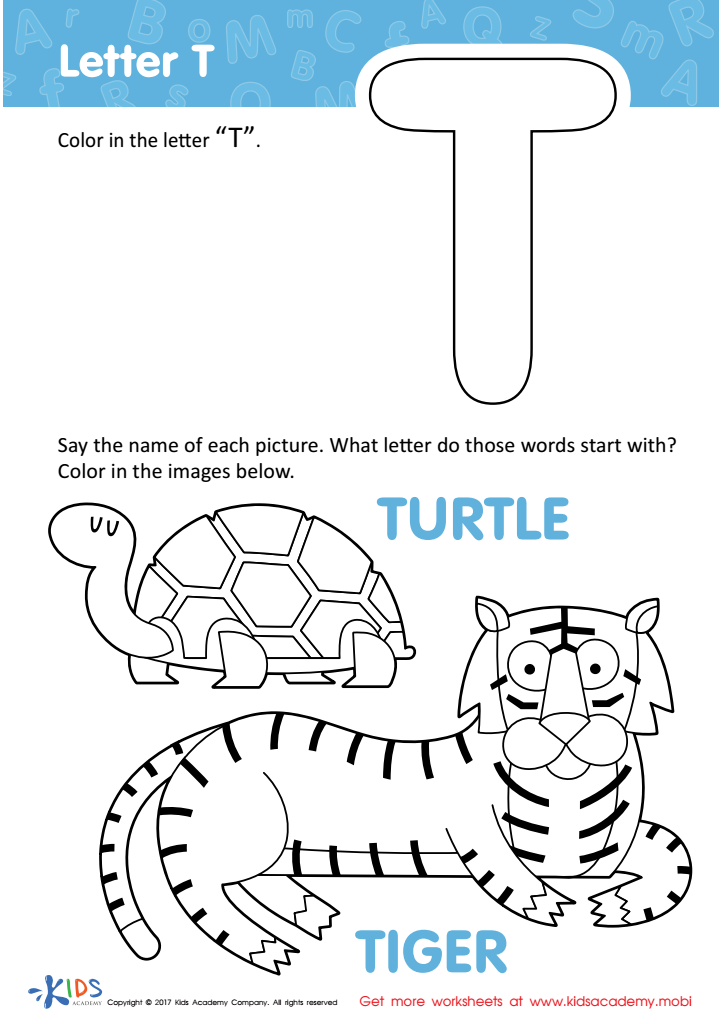

Letter T Coloring Sheet
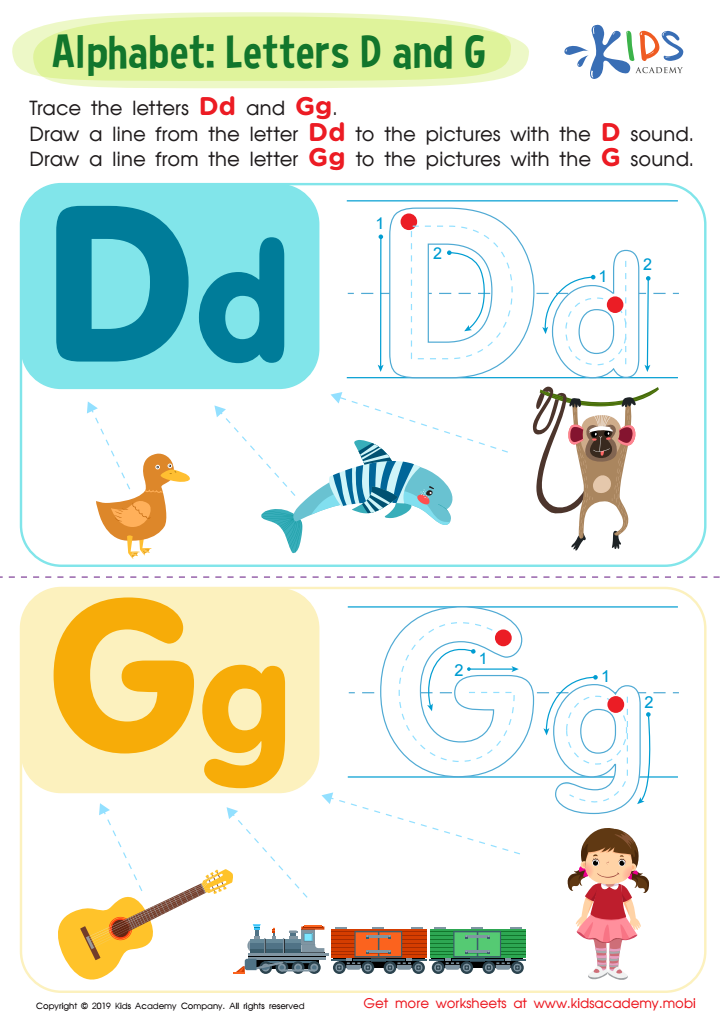

Letter D and G Tracing Worksheet
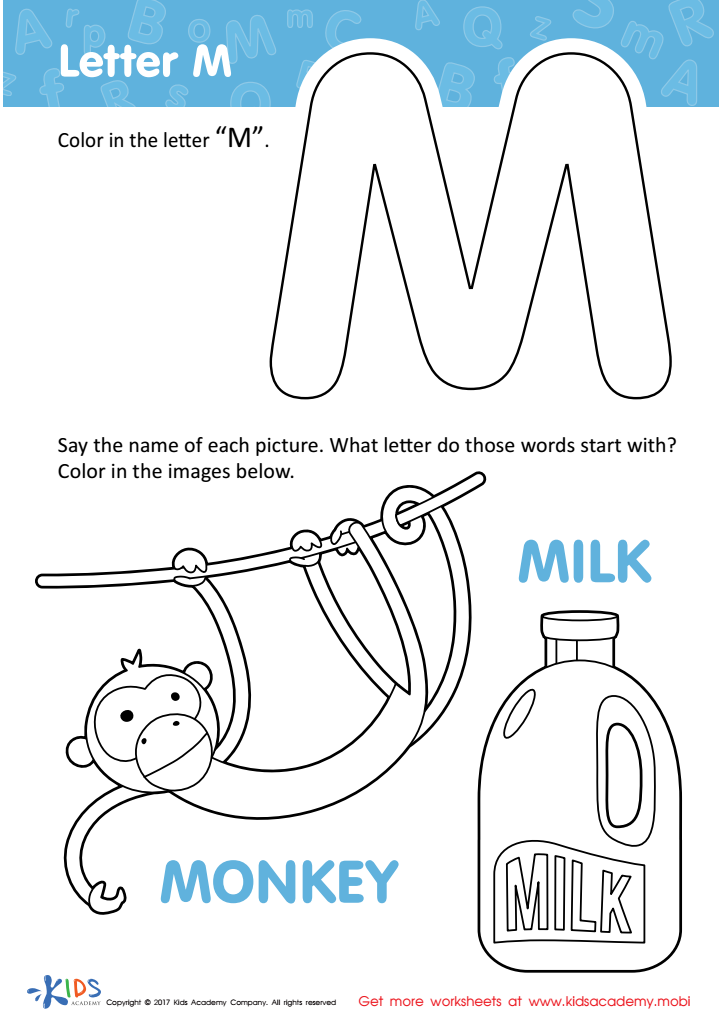

Letter M Coloring Sheet
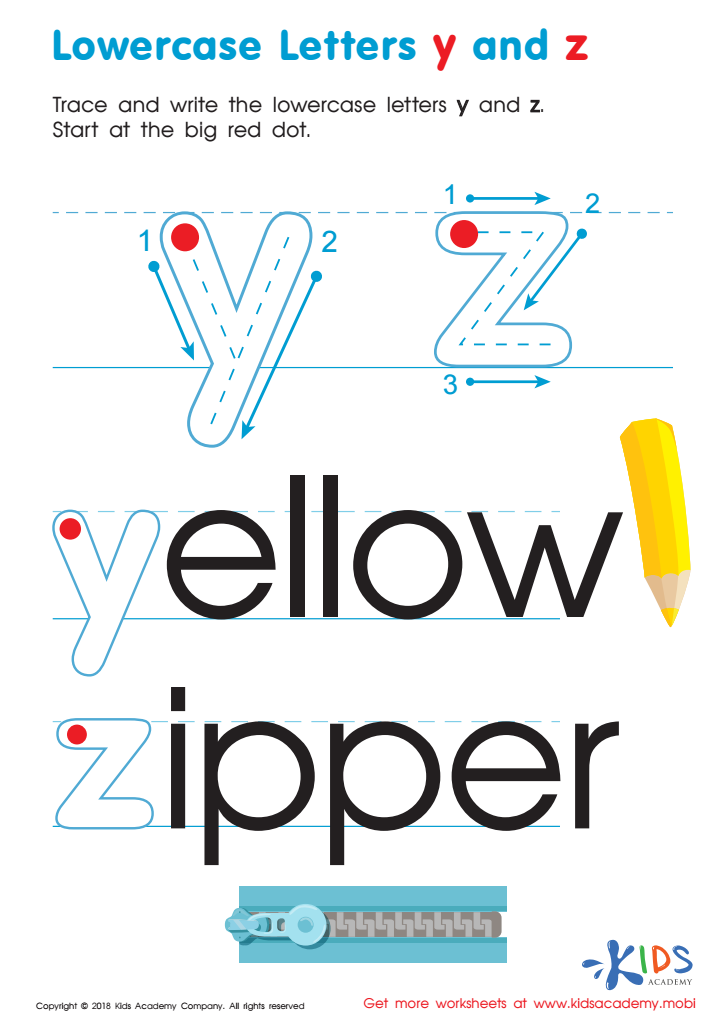

Lowercase Letters y z Worksheet
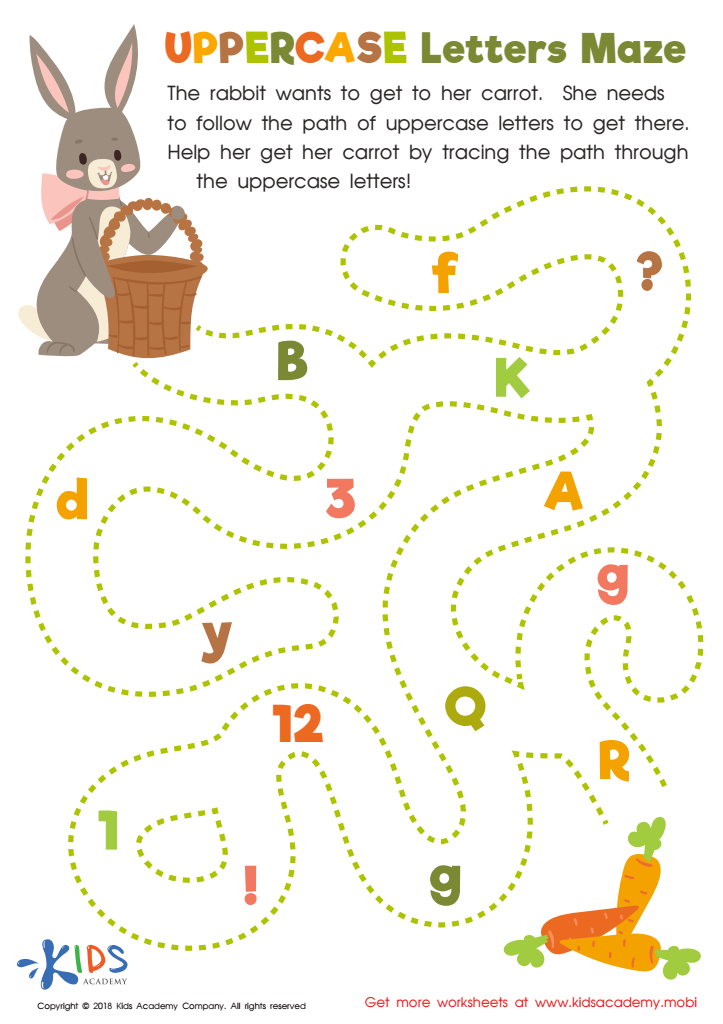

Uppercase Letters Maze Worksheet
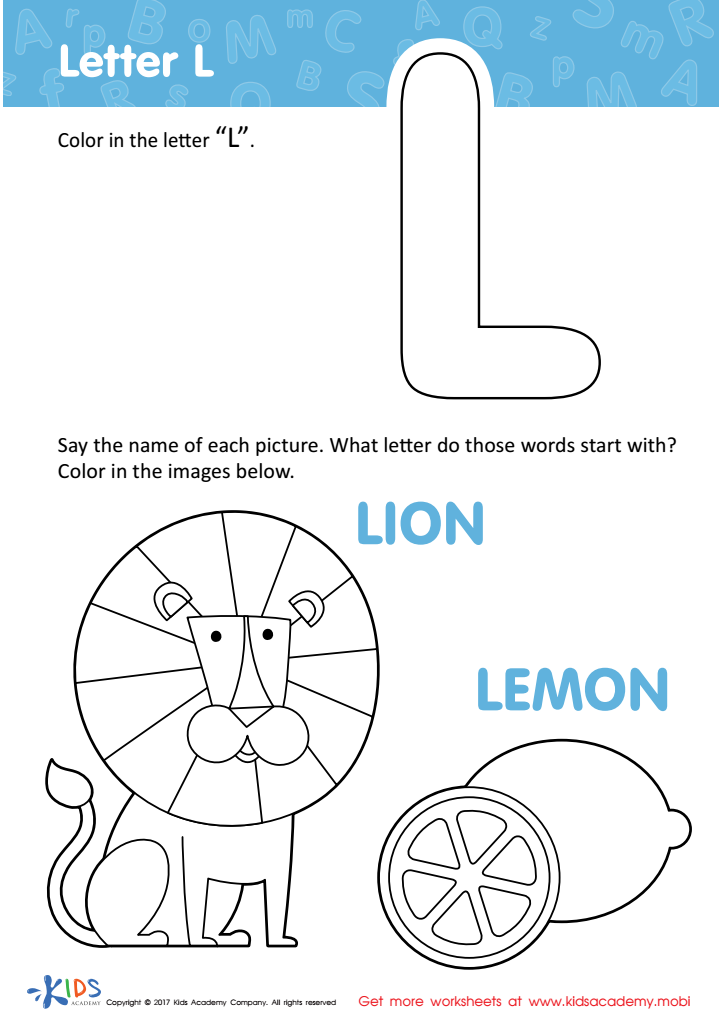

Letter L Coloring Sheet
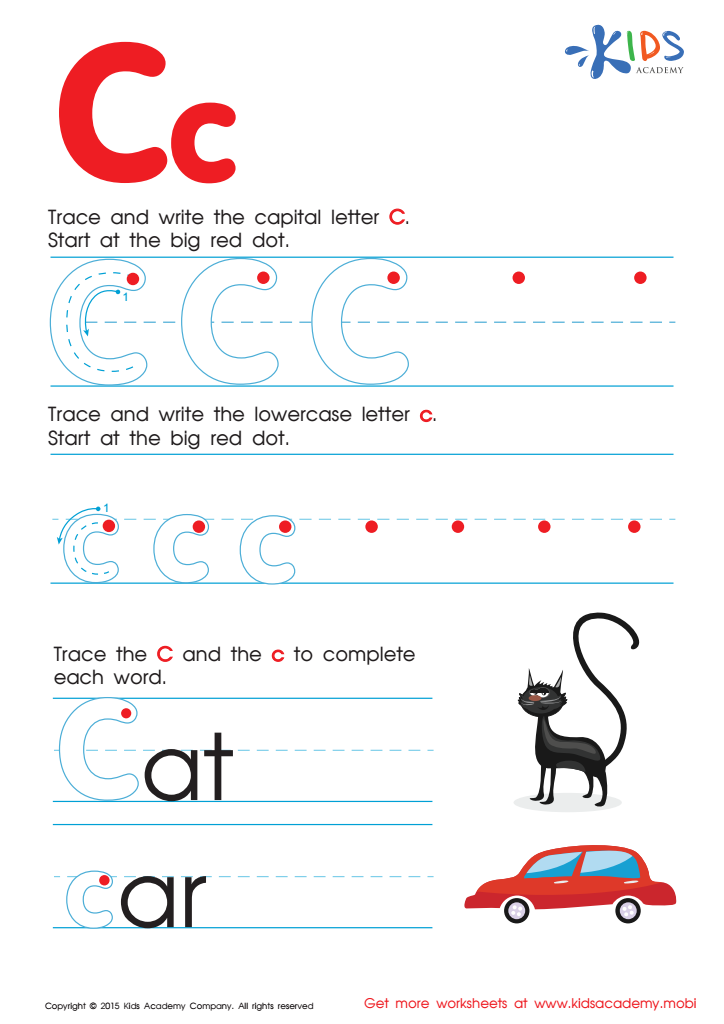

Letter C Tracing Page
Fine motor skills and letter recognition are crucial for the developmental growth of children aged 5-8. Fine motor skills encompass the small movements of the hands and fingers, which are essential for tasks like writing, drawing, and manipulating objects. Helping children develop these skills enhances their dexterity, allowing them to perform everyday activities more effectively—such as buttoning shirts or using scissors. Improved fine motor skills also boost children's confidence in their abilities, making them more willing to engage in classroom tasks and activities.
Letter recognition is equally vital, as it lays the foundation for reading and writing. Children who can identify letters are better equipped to make connections between sounds and their corresponding symbols, a key element in developing literacy skills. When parents and teachers focus on these areas, they nurture a child’s cognitive, social, and emotional development.
By fostering both fine motor skills and letter recognition, adults can create a robust learning environment that equips children with the tools they need for future academic success. Encouraging playful activities such as crafting, writing, and playing with building blocks can be excellent ways to promote these skills, ensuring a well-rounded education. These competencies are instrumental in paving the way for lifelong learning.

 Assign to My Students
Assign to My Students




















